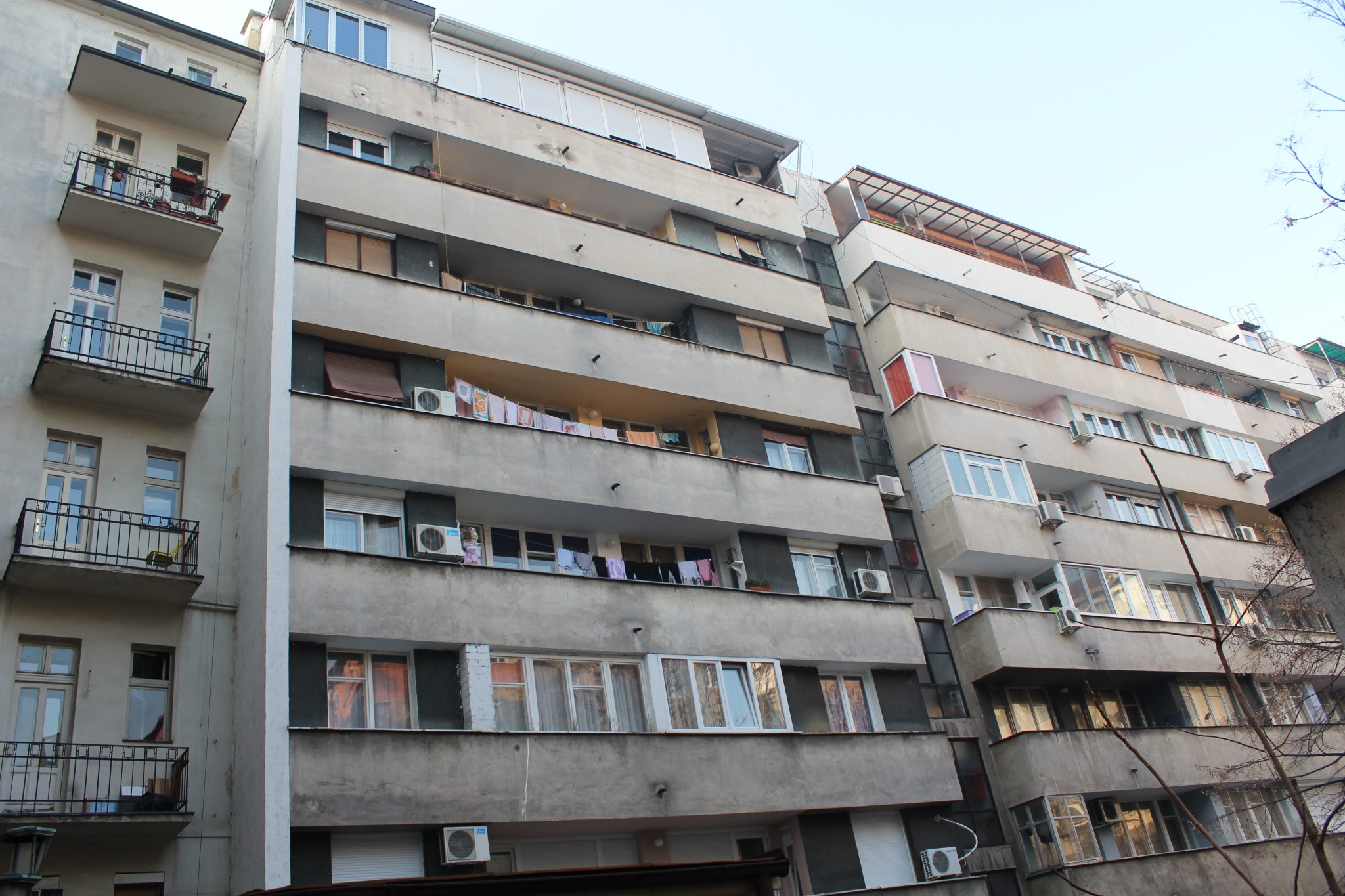Abuse of women ‘private issue’ in Serbia
Each year, several women in Serbia are murdered in their homes. But the perpetrators usually walk free. That is why Kvinna till Kvinna’s partner organisations work to change both attitudes and laws on violence against women – all while saving lives.

Violence against women is still accepted in many parts of Serbia. What takes place between the four walls of people’s homes, is considered a private matter.
“Last year, 35 women were killed by domestic violence. Half of them had previously reported the violence, but nothing was done. We know many victims also simply suffer in silence,” says Aleksandra Nestorov of Autonomous Women’s Center, one of Kvinna till Kvinna’s partner organisations in Serbia.
Autonomous Women’s Center helps abused women in 19 cities. Each year, they receive more than 10 000 calls from victims. The organisation operates shelters, offers legal support and organises group therapy, to allow women subjected to violence to talk about their experiences.
Ruled by fear
Ana, whose real name is something else, is one of the women who have been helped by Autonomous Women’s Center.
“My husband kept track of where I was and what I did. In the beginning, I questioned his behaviour. When he started working as a police officer, he told me to stop working. I don’t remember exactly when the beatings started… The violence just crept up on me and kept increasing, until my life was ruled by fear. I was afraid he would kill me,” says Ana.
Even now, Ana has a difficult time talking about the abuse. She describes how she gathered the courage to call the police.
“I’ll never forget the voice on the phone. The silence on the other end, and then his words: ‘And what’s the problem? I also beat my wife.’”
“I considered my options. I felt alone and weak, but I didn’t want to die! Then I heard about Autonomous Women’s Center – and called them,” recalls Ana.
Luckily, Ana’s story had a happy ending. Autonomous Women’s Center provided her with legal counselling and organised for her to stay at a shelter. Eventually, she managed to get a divorce.
Insufficient resources for all
Today, Autonomous Women’s Center does not have the resources to help all the women who get in touch with them. Often, they prioritise cases like Ana’s, in which the perpetrator holds such power that it is especially difficult for the victim to get help from the police. Another priority for the organisation is particularly vulnerable women such as the poor or those with a disability.
“The needs are huge,” sighs Aleksandra Nestorov. Besides directly supporting survivors, she also works to change Serbian society’s acceptance of violence against women.
An important part of this work is raising awareness of women’s rights and the types of violence that can exist in close relationships.
“We inform institutions to convince them to act, and monitor trials and the media’s reporting on violence against women. We write reports and document cases of violence. The most important goal is to constantly keep working with these issues. Without the support from Kvinna till Kvinna, we would never have been able to accomplish what we’ve accomplished so far.”